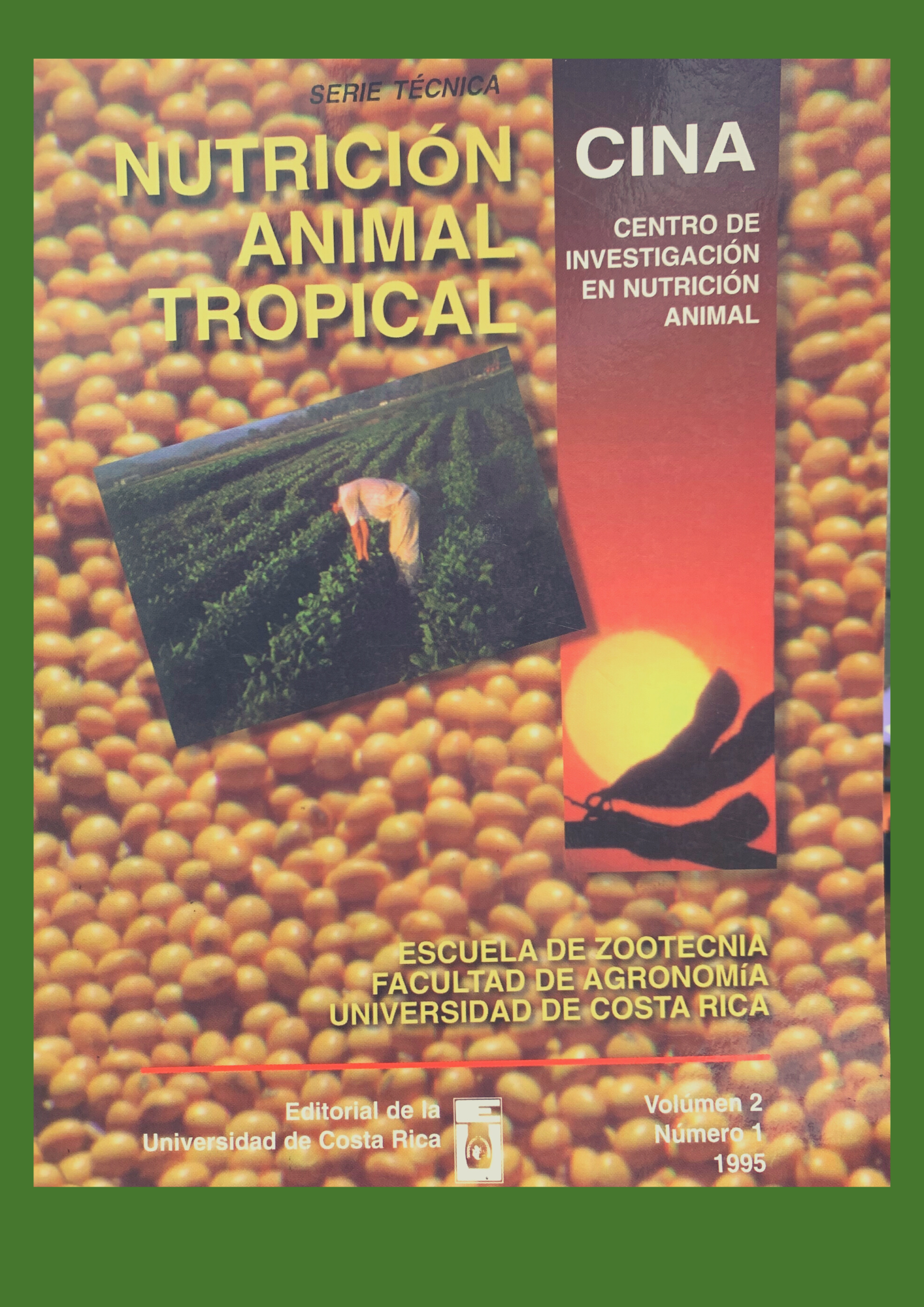Resumen
Dietary Cation-Anion Balance in Dairy Cattle Nutrition. A
Review. Dietary Cation-Anion Balance (DCAB) is a relatively
new concept in Dairy Cattle nutrition and feeding. it is defined
as mEq (Na+K)-(Cl+S)/kg of DM. Metabolic acidosis and
alkalosis is given by blood protein concentration and by
inorganic ions absorbed from the gastrointestinal tract. If we
consider blood protein concentration to be relatively constant,
the metabolic acid-base balance of blood and cells is attributed
mainly to inorganic cations and anions supplied by the diet.
Anions have an acidogenic effect in the organism, while cations
are alkalogenic. Changes in the metabolic acid-base balance
can affect celular enzyme activity and the structure of hormone
receptors, reducing production of the animals and resistance
to metabolic imbalances. However, technical manipulation of
this balance can contribute to improve health, production and
reproduction. Several studies have found that feeding anionic
(acidogenic diets) (-100 to -200 mEq/kg of DM) during the last
3 to 4 weeks of the gestation period contribute to improve
calcium metabolism and to reduce the level of hypocalcemia
normally occurring during the puerperal period, reducing incidence of milk fever and other problems such as retention
of fetal membranes.Also, it has been observed that cows fed
these diets improved milk production in 3 to 7% during the
next lactation, as well as reproduction. About the best DCAB
to be fed during the lactation period, it has been found that
alkalogenic diets are better for milk production. Some workers
have found the best milk production and DM intake feeding
diets with a DCAB of +300 to +500 mEq/kg of DM (calculated
as (Na+K-CI)). Acidogenic salts usually used to feed dry cows
are Calcium Sulfate, Magnesium Sulfate, Ammonium Sulfate,
Calcium Cloride, Magnesium Cloride and Ammonium Cloride.
Palatability of these salts is low. Diets betvveen -100 to -200
mEq/kg of DM have given the best results to reduce incidence
of milk fever. These acidogenic rations should supply between
140 and 150 g of calcium per cow per day and must be fed at
least during 10 days prepartum.

